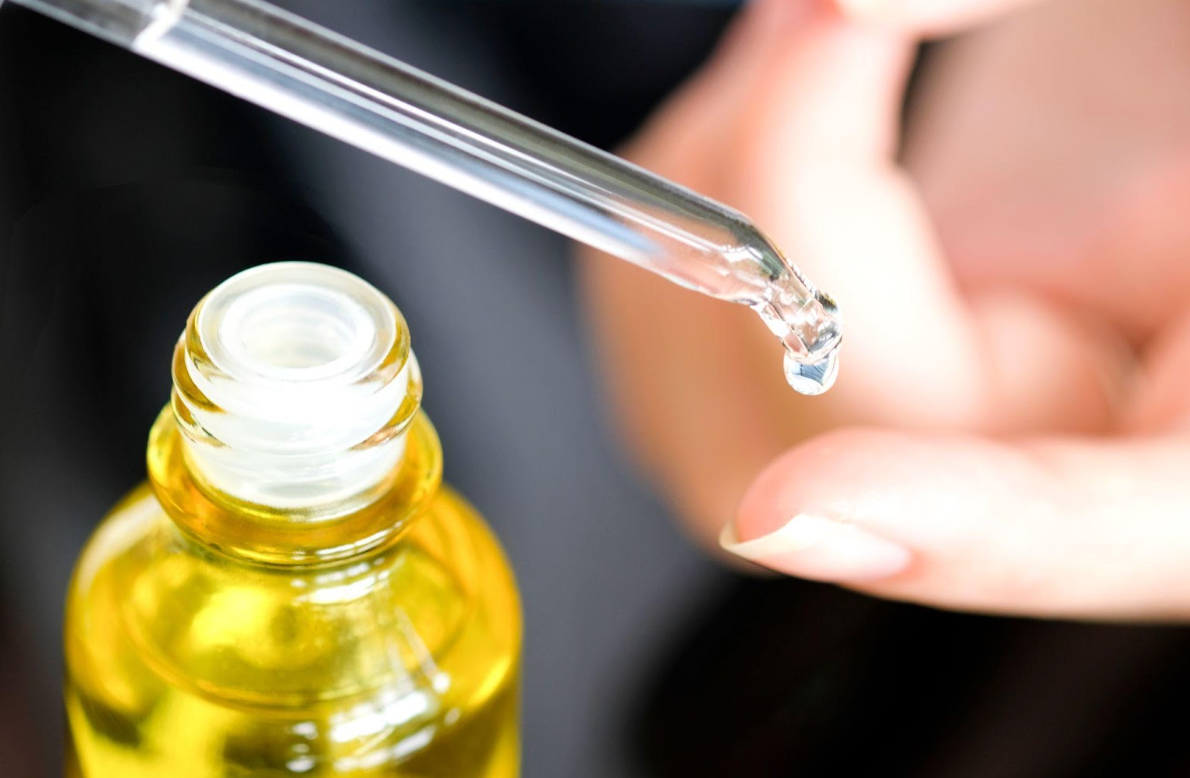What Is Abyssinian Oil? Everything You Need to Know

Abyssinian oil is one of nature’s most remarkable beauty secrets. This lightweight, luxurious oil provides excellent moisturizing benefits without leaving a greasy residue.
Unlike popular alternatives like argan or coconut oil, abyssinian oil gives an almost silk-like finish on both skin and hair. Its versatility and effectiveness make it a valuable ingredient in premium skincare and haircare products.
In this guide, we’ll explain what abyssinian oil is and share lots of useful information about its composition, natural source, uses, and benefits.
What Is Abyssinian Oil and Where Does It Come From?
Abyssinian oil is extracted from the seeds of Crambe abyssinica, a plant native to Ethiopia. The oil’s name comes from Abyssinia, the historical name for Ethiopia. This plant belongs to the Brassicaceae family and produces small white flowers that develop into seeds rich in oil.
Today, the Crambe abyssinica plant grows in the Mediterranean region and parts of South Africa. It adapts well to these environments. The plant has a short growing cycle of just 90 to 100 days and uses less water than many other oil-producing plants, making it a more environmentally friendly option.
The oil is made by cold-pressing the Crambe abyssinica seeds. This gentle method keeps the oil’s healthy nutrients. It also protects the important fatty acids in the oil. The oil is pale yellow and lasts a long time because it does not spoil easily.
Abyssinian Oil’s Properties
Abyssinian oil’s exceptional properties stem from its unique fatty acid composition. It has more than 60% omega-9 fatty acids, mainly erucic acid. This makes the oil very stable and effective. The fatty acids are large, so they do not go deep into hair or skin. Instead, they create a layer on top that keeps in moisture but still lets your skin or hair breathe.
The oil feels light and non-greasy due to its unique composition. It contains small amounts of omega-6 and omega-3 fatty acids, along with vitamins A, B, C, and E. These nutrients work together to protect and nourish your skin.
What Does Abyssinian Oil Smell Like?
Abyssinian oil has a subtle, pleasant nutty aroma that stays mild during use. Its gentle scent blends easily with other essential oils, making it perfect for scented products without being overpowering. This natural fragrance reflects the oil’s minimal processing and cold-pressed extraction method.
How Does Abyssinian Oil Differ From Argan Oil?
While both oils are excellent moisturizers, their molecular structures create distinctly different effects. Argan oil is rich in oleic and linoleic acids, which allow it to penetrate deeply into the hair and skin. However, this deep absorption can sometimes lead to oversaturation, making hair appear heavy or greasy.
Abyssinian oil contains larger fatty acid molecules that behave differently from those in other oils. They form a protective, net-like structure around hair cuticles and across the skin’s surface, sealing in moisture without weighing down the hair or clogging pores. This unique action enhances shine and manageability while minimizing the risk of product buildup.
Argan oil serves dual purposes in Morocco, used both as a cosmetic ingredient and as a food source. In contrast, Abyssinian oil is cultivated exclusively for cosmetic and industrial applications, particularly in skin and hair care products.
What Is Abyssinian Oil Good For?
According to the pros at CrambeAbyssinica.com, Abyssinian oil is a versatile beauty treatment that addresses multiple concerns simultaneously. Its unique properties make it perfect for both hair and skin care.
Here are the main benefits:
- Hair Health: Provides nourishing moisture, reduces frizz, and creates lasting shine without weighing hair down.
- Skin Conditioning: Delivers deep hydration while maintaining a non-greasy finish that works well under makeup.
- Heat Protection: Forms a protective barrier that shields hair from styling tool damage.
- Anti-aging Support: Contains antioxidants and vitamins that help maintain skin elasticity and smoothness.
- Scalp Wellness: Natural antifungal properties help maintain healthy scalp conditions.
- Barrier Protection: Reinforces the skin’s natural protective barrier against environmental stressors.
Abyssinian oil’s compatibility with human sebum makes it great for balancing both oily and dry skin. It delivers essential moisture without stimulating excess oil production.
Abyssinian Oil Will Continue to Grow in Popularity
Abyssinian oil is used in a wide range of beauty products due to its versatility. In hair care, it is found in conditioners, leave-in treatments, and heat protectants, providing softness without weighing the hair down. In skincare, it is included in creams, face oils, and anti-aging products, offering smooth hydration and protection. Its lightweight texture makes it ideal for massages, as it spreads easily and absorbs quickly.
In bath and body products, abyssinian oil adds moisture without leaving a sticky residue. As a carrier oil, it helps blend and deliver other ingredients effectively. Its ability to address multiple beauty concerns has made it increasingly popular in the beauty industry.
With its many uses and benefits, abyssinian oil continues to gain recognition and is becoming an essential component in modern beauty routines.



